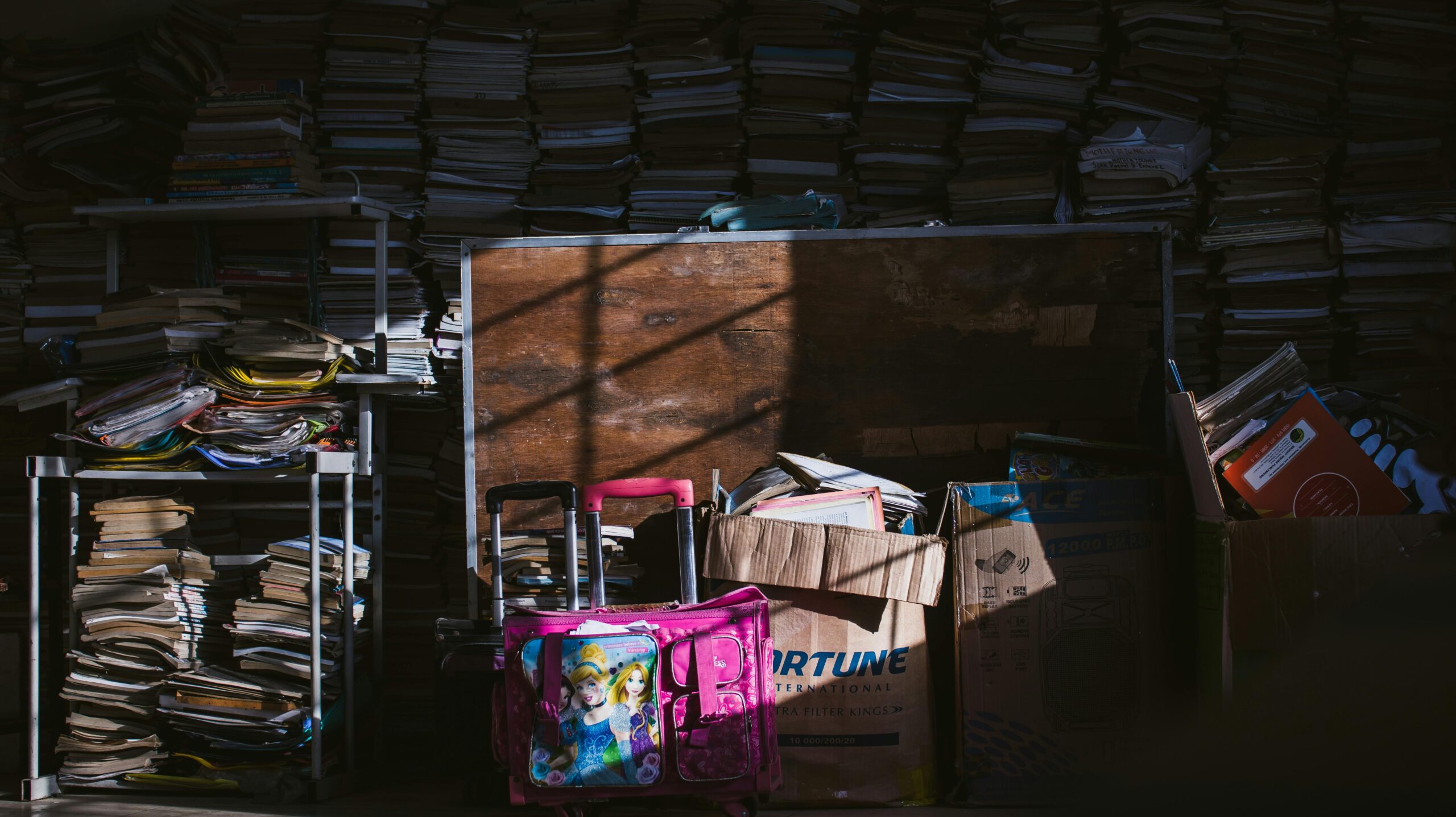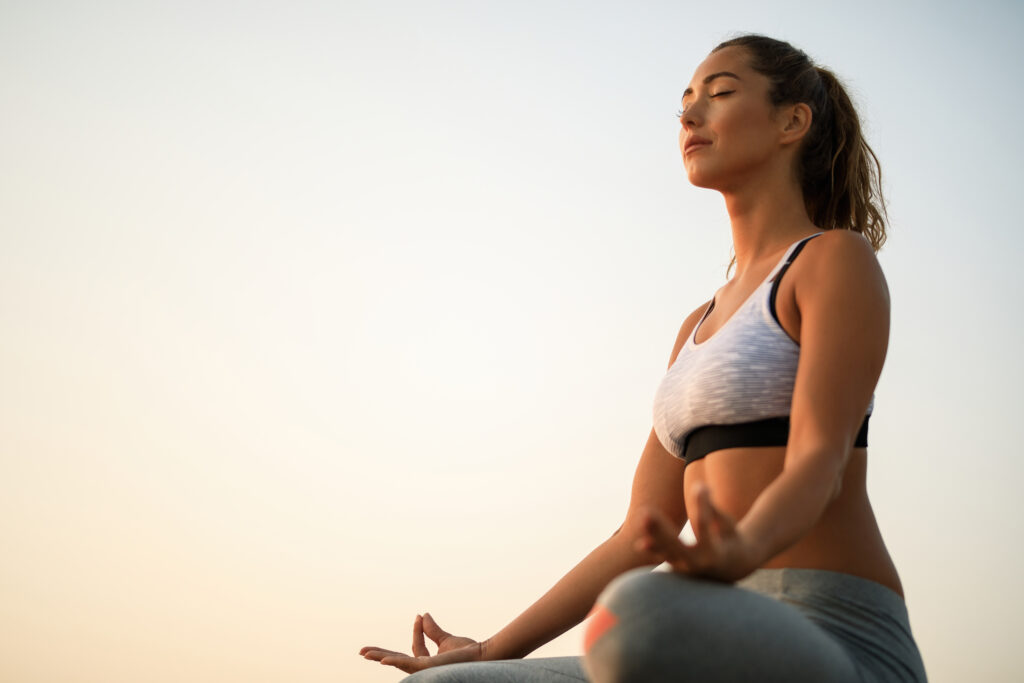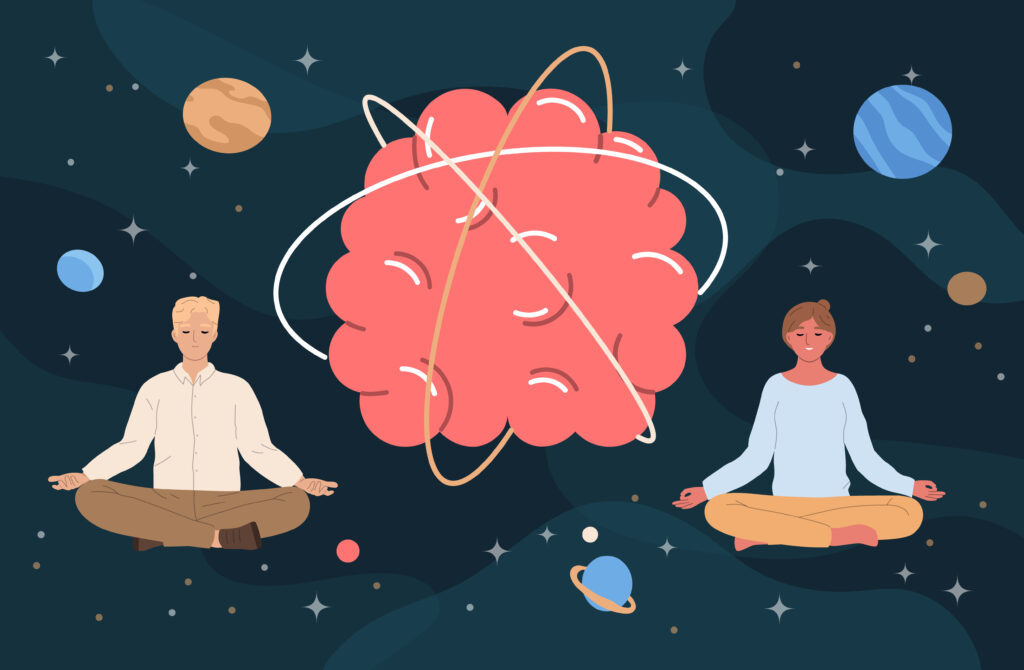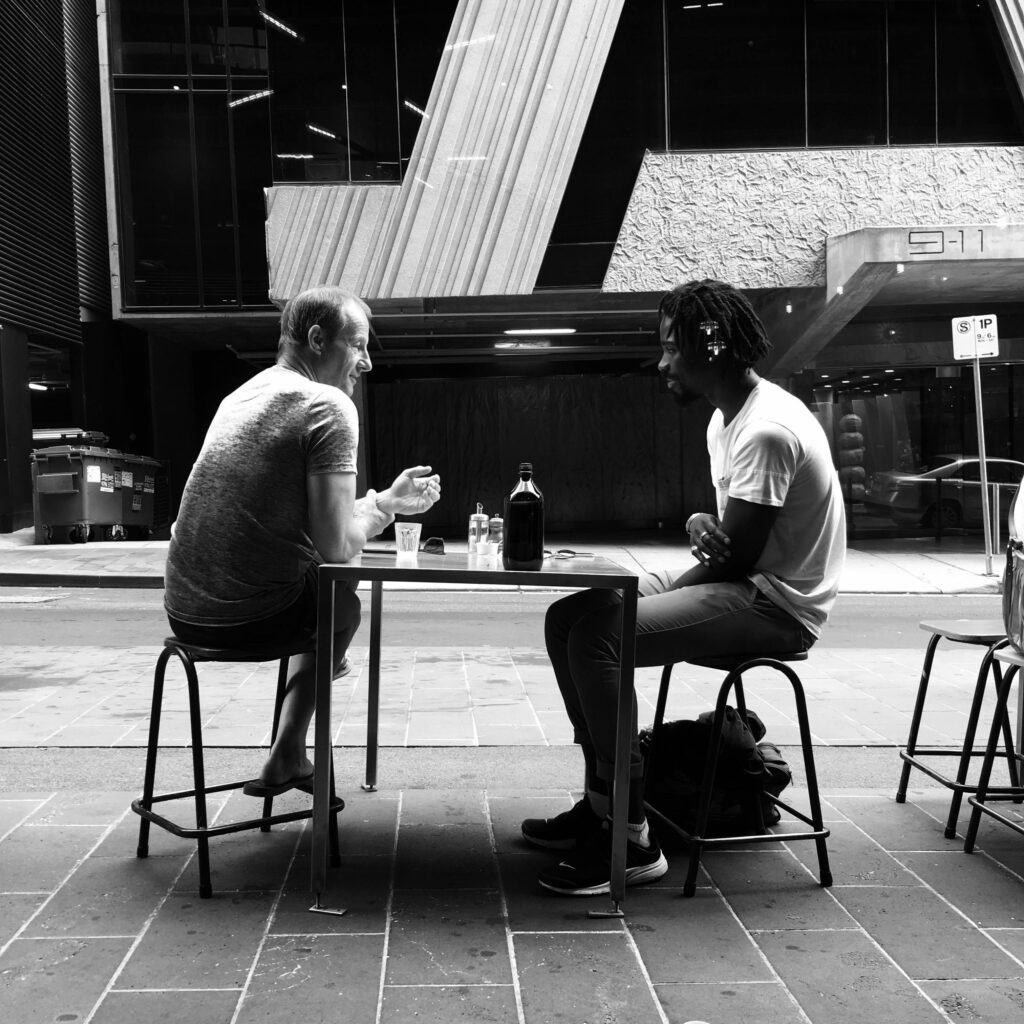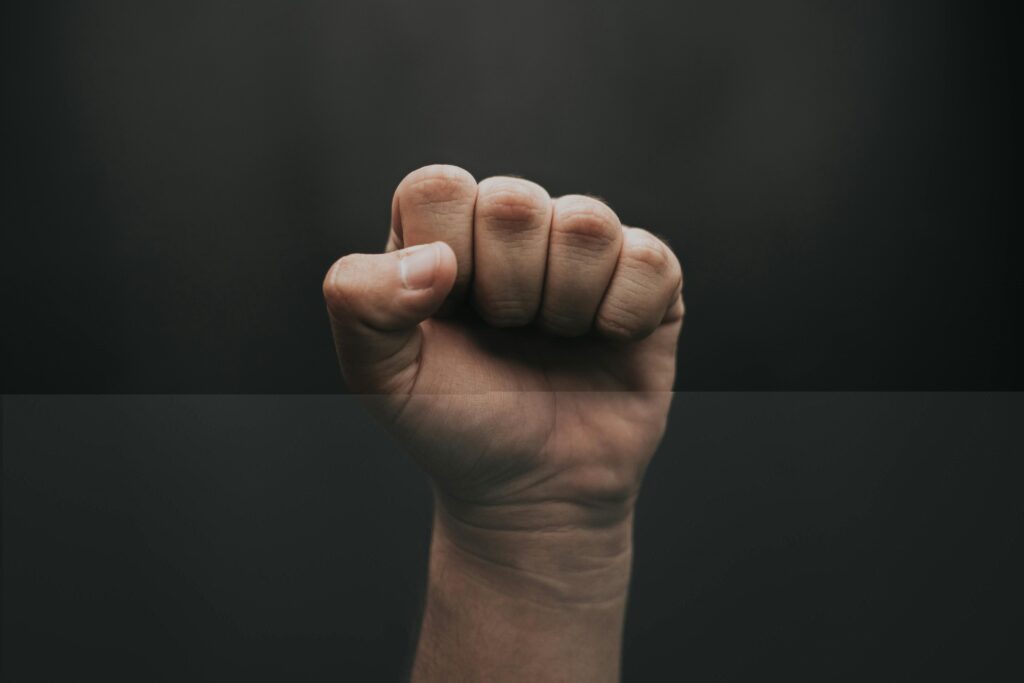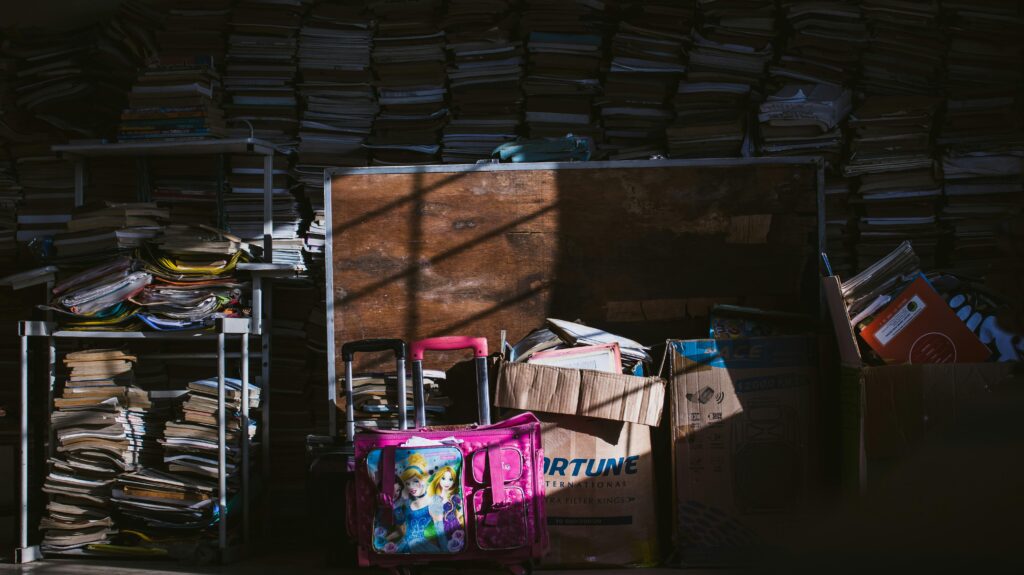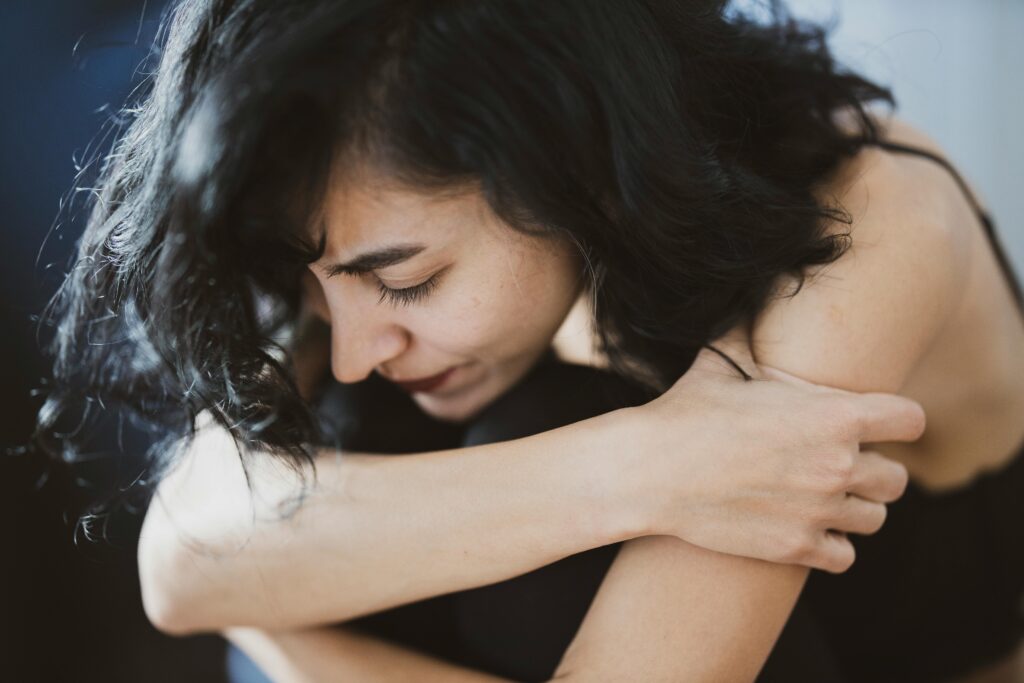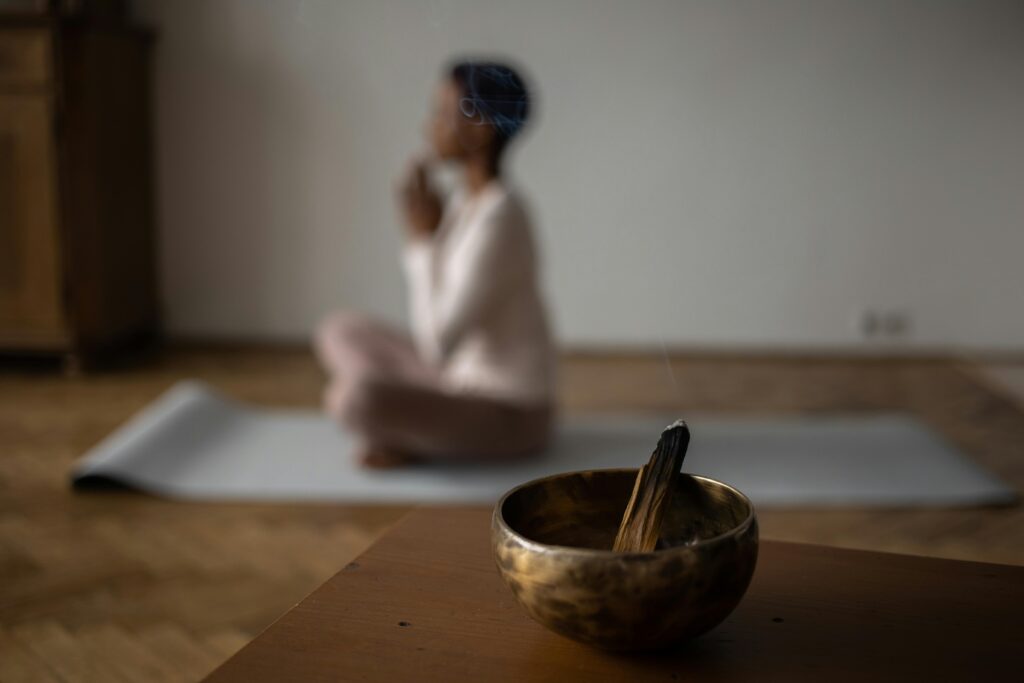Have you ever walked into a space so cluttered with things that you could barely breathe? That happened to me when I went to visit a friend who had just had surgery. I can’t even imagine how my face must have looked when I walked in and saw her two dogs and a cat crawling not only on everything — but on me as well! I couldn’t find a place to sit, and I was so distracted that I don’t even remember what I was saying.
My friend, however, was completely relaxed on what might have once been a bed in her living room— now covered with so many things — smiling at me, clearly happy to see me! As soon as I saw the cat, I came up with an excuse and told her I was allergic. I left her place quickly and walked straight home.
Once I got back to my clean, tidy space, I started cleaning again. I’m not sure what kind of trauma my mind went through during those ten minutes, but I couldn’t stop until that uneasy feeling finally left my system.
We all pile up things in our homes at times, and that clutter can weigh us down. When the piles are finally cleared or the papers are sorted, we feel better — lighter, even, on an energetic level. But this behavior isn’t about laziness or a lack of desire to be organized. The source goes deeper.
Hoarding is not about collecting things — it’s a cry from the soul. Its emotional pain bundled with fear, often rooted in unresolved trauma. When our inner world feels out of control or we experience loss in any form, we tend to try and control our outer world. We hold onto objects that make us feel safe, comforted, and loved — creating the illusion that the loss hasn’t happened.
When we lose someone close to us — or even a part of ourselves — anxiety and fear about the future and its uncertainty can take over. Depression can creep in, showing up as intrusive thoughts, dark moods, or heightened control. I remember when I lost my father ten years ago — my first deeply personal loss. I started checking all the doors in the house before going to bed and double-checked the stove multiple times to make sure it was off.
Because of my ADHD, I often wouldn’t register what I was doing during these routines, so I’d end up repeating them over and over just to feel safe for the night.
I want to emphasize again: that people who struggle with hoarding are not lazy or careless. In fact, many feel deeply abandoned or unloved. The clutter becomes a kind of fortress — a way to feel safe and protected from further hurt.
When we’re also dealing with physical issues — like respiratory problems, asthma, chronic lung conditions, or allergies — clutter becomes more than just emotional weight. It becomes a health hazard. Too many items prevent proper cleaning, allowing dust, allergens, and mold to accumulate. The air we breathe becomes polluted — and emotional distress begins manifesting as physical illness.
There are many diseases and disorders caused by bacteria, dust mites, mold, and stagnant energy in untouched corners of our homes.
Our living space is sacred. It’s a place where our body and mind should feel calm and safe. Our physical surroundings are deeply connected to our energetic field. How can we relax in chaos? When our space feels blocked, our mind does too.
Because I suffer from respiratory issues, I’ve learned to declutter every few months. I walk into my walk-in closet and make sure I can actually walk into it — not just squeeze between bags and items. I donate clothes, shoes, purses, and books that I no longer use, knowing someone else might benefit from them.
Sometimes, it’s hard to let go of my favorite things. But if they no longer serve me — emotionally or physically — I know it’s time to release them. Even with items I’m emotionally attached to, I’ve learned to let go with love, reminding myself that the memory of the person lives in my heart, not in the object.
When we let go, we create space — not only to breathe easier but to move stuck energy. For growth to happen, we need free space — both around us and within us.
Our minds reflect our environment.
It’s up to us to choose today what kind of space we want to live in — and how we want to feel in it.
Nameste,
Shab

